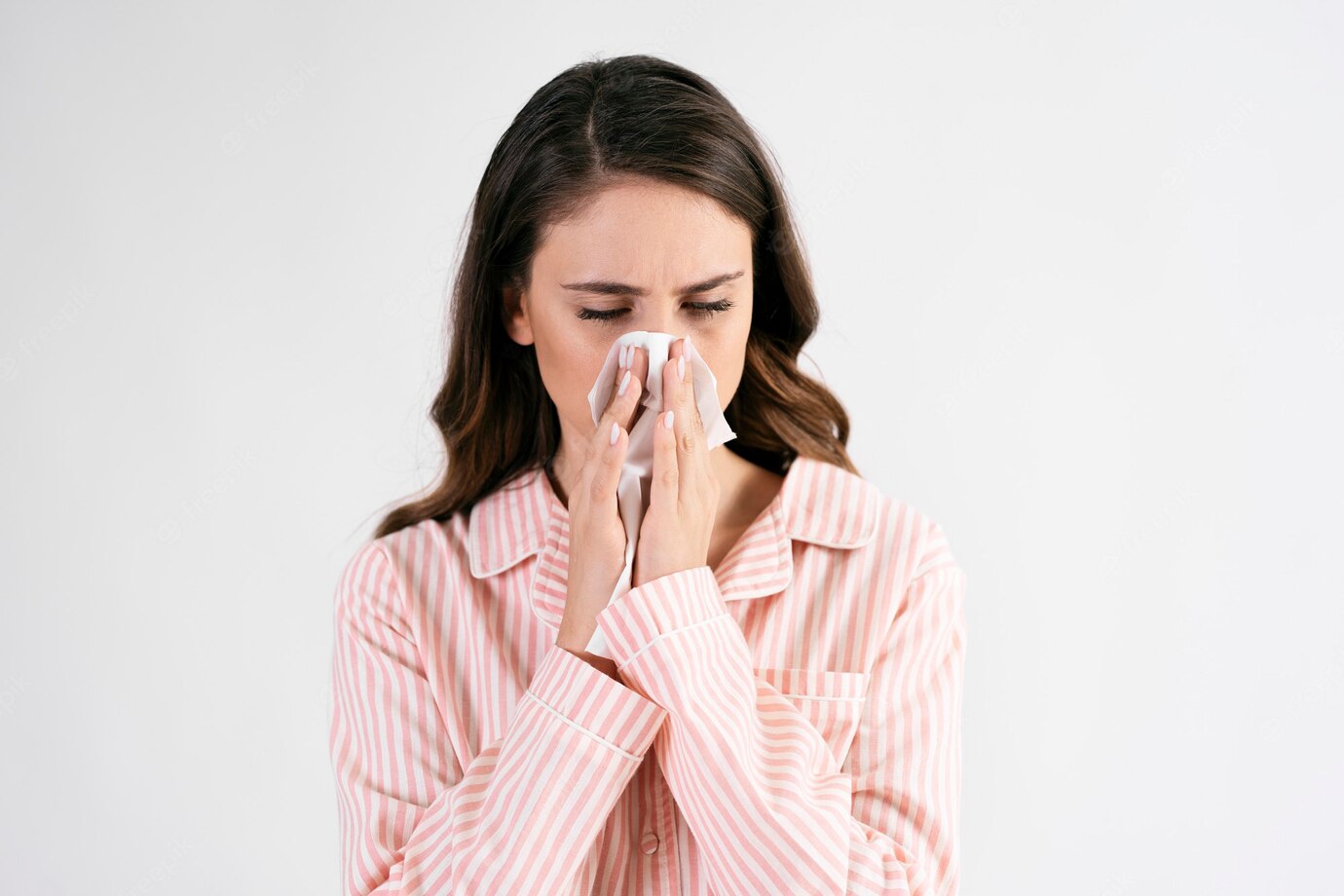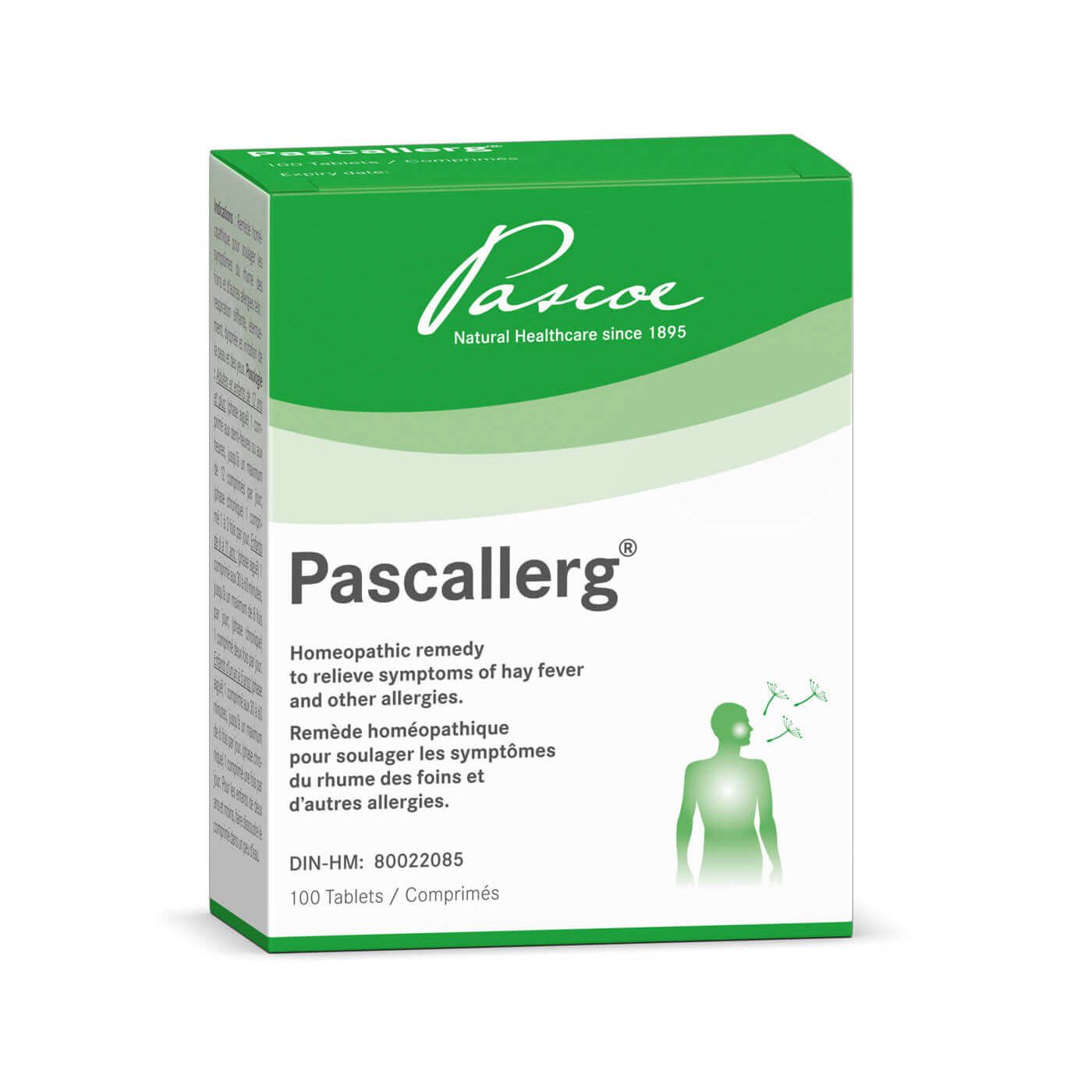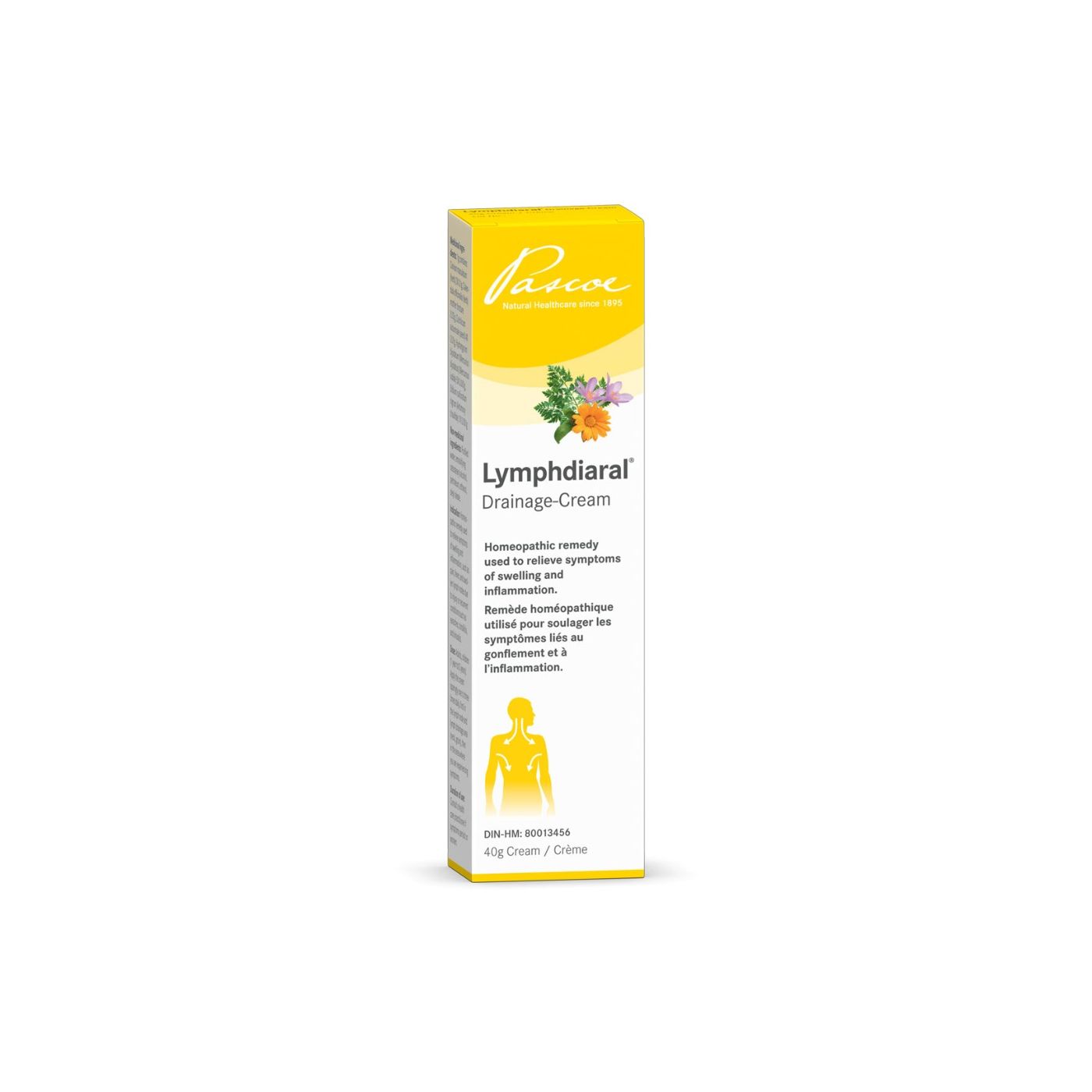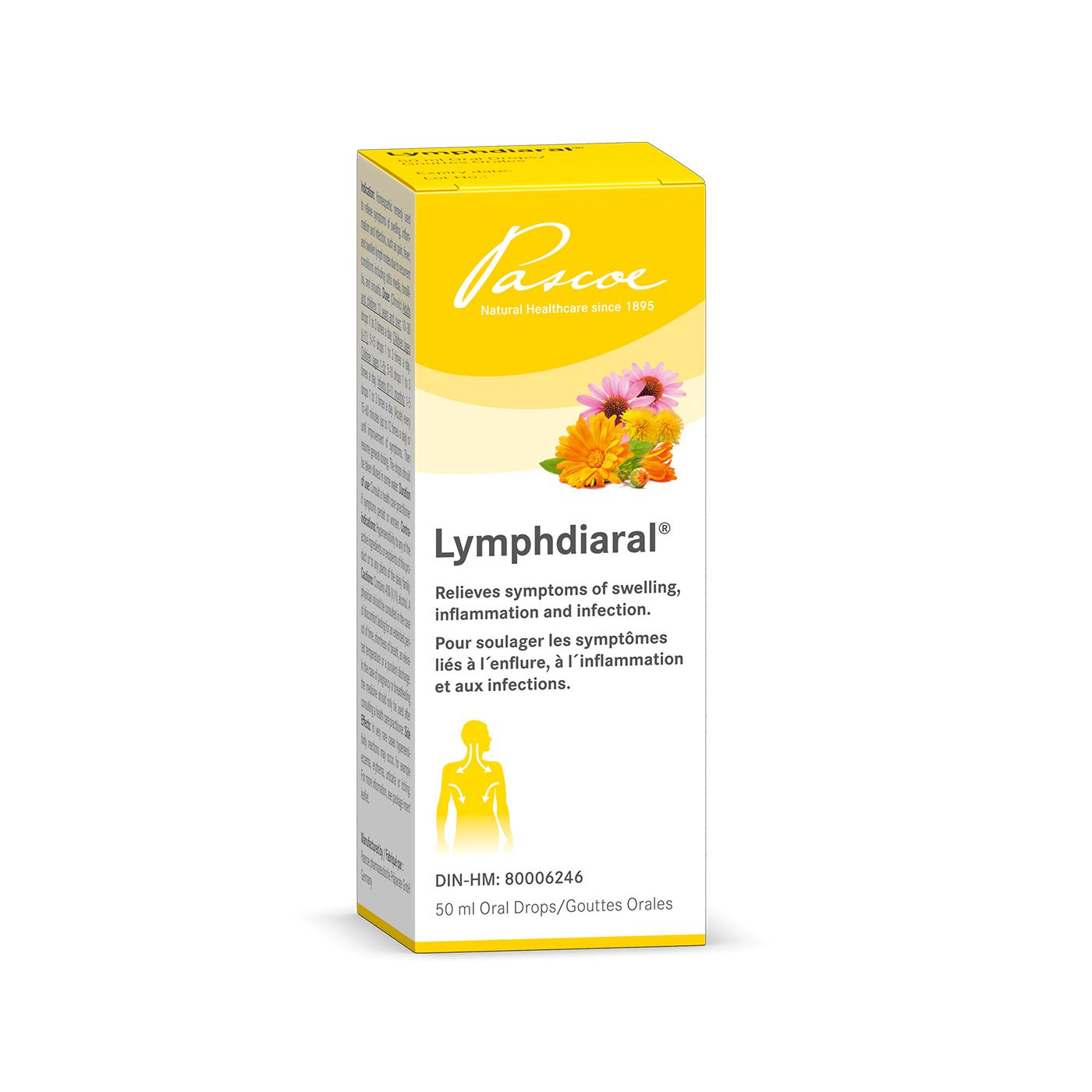Feeling Drained: seasonal allergies are in effect!
Some of you may be surprised to hear that winter allergies are in fact a thing, hence the term “seasonal allergies”.
Experiencing the seasonal reaction of winter allergies can bring a lot of tension to the mind and body. Winter can already be puzzling for some individuals, adding the extra symptoms of fatigue, inflammation, and low energy can be quite draining to the body.. This could lead up to symptoms like chronic fatigue syndrome.
The objective of the immune system is to protect itself and keep microorganisms, such as certain bacteria, viruses, and fungi, out of the body, and to destroy any infectious microorganisms that do overrun the body. The immune system is fabricated by a complex and vital network of cells and organs that protect the body from infection.
The organs involved with the immune system are called the lymphoid organs. They affect growth, development, and the release of lymphocytes (a type of white blood cell). The blood vessels and lymphatic vessels are important parts of the lymphoid organs.
They carry the lymphocytes to and from different areas in the body. Each lymphoid organ plays a role in the production and activation of lymphocytes.


Types of Allergies
What are allergies you may ask? Allergies are a condition in which the body’s immune system reviews a substance as a negative “invader” and overreacts to it. Substances that cause allergic reactions are called allergens, which can provoke an immune response, also called an allergic reaction.
There are numerous respiratory allergy varieties that fall in different categories, however below you will see the most common reactions that can be found in each season!
Spring allergies - Can hit some of us pretty hard as the start of warm weather. Don’t feel discouraged, if you experience spring allergies taking action in the winter is the best thing you can do. Starting late winter to prepare your immune system and minimise the discomfort.
Summer allergies - Summer allergies are usually triggered by pollen from grasses and weeds. Buckle up because on windy days these symptoms tend to accelerate.
Fall allergies - Bring sensitivity towards ragweed, mold and dust mites are the biggest triggers during this time of year.
Winter allergies - As mentioned before can be quite surprising to some. However this sensitivity revolves around mold, dust mites and symptoms increase from being inside more often.
As you can see, there are multiple different symptoms for the different seasons. Although we can’t forget about food, pets, perfume allergies, and so many more.
Feeling fatigued? Let’s check out some allergy symptoms you may have!
Regarding allergies there are a ton of variants of symptoms that can occur to an individual. Due to these symptoms affecting our body and immune system can lead us to feeling exhausted, and also increase the acute inflammation within our body.
- Sneezing (allergic rhinitis)
- Itchy
- Red eyes
- Wheezing
- Sleep apnea
- Chronic inflammation
- Lack of energy
- Chouging
- Runny nose
Remedies to help relieve allergies


Depending on the severity of allergies, some individuals may suffer certain health conditions. Below are some remedies that may help relieve some of your symptoms or help make it tolerable for your day-to-day activities.
Air filters: consider using an air filter in your indoor environment to help improve respiratory health.
Eucalyptus oil: The strong, piney aroma of eucalyptus oil can supercharge steam inhalation, helping to open your sinuses and nasal passages further. The essential oils, extracted from the leaves of the eucalyptus tree, have anti-inflammatory and antibacterial properties, but if nothing else the vapour provides a bracing, menthol-like sensation that can make breathing seem easier. This herb helps to open up the airways.
Drink more: If you feel stuffy or have post nasal drip from your allergies, sip more water, juice, or other nonalcoholic drinks. The extra liquid can thin the mucus in your nasal passages and give you some relief. Warm fluids like teas, broth, or soup have an added benefit to also help soothe the throat.
Tea: Holding your face over a hot cup of tea may open your nasal passages, but the steam isn't the only thing that's beneficial. The menthol in peppermint tea, for instance, seems to work as a decongestant and expectorant, meaning it can break up mucus and help clear it out of your nose and throat.
Go natural: Keep your home clean. It's one of the best ways to avoid indoor allergens. But harsh chemicals can irritate your nasal passages and aggravate your symptoms. So make natural cleaners with everyday ingredients like vinegar or baking soda.
Humidifier: Inhale some steam. This simple trick can ease a stuffy nose and help you breathe easier. Hold your head over a warm (but not too hot) bowl or sink full of water, and place a towel over your head to trap the steam. Or sit in the bathroom with a hot shower running.
Adding a nasal spray to your routine might also be extremely beneficial. This can help clear out the sinus that may be inflamed due to congestion.
For some allergies come and go and for others they are an unpleasant symptom that’s part of their daily routine. Due to certain medical conditions, it’s always great to advise your healthcare practitioner for additional information.
Disclaimer
Pascoe Canada does not offer health or medical advice as we are not a healthcare practitioner. Please speak with your healthcare practitioner before beginning any program related to nutrition, diet, exercise, fitness, medical, and/or wellness. All content published by Pascoe Canada is developed through collaborating with licensed medical professionals and contributors. This includes text, graphics, images, and other material on the website, newsletter, and products (“Content”). This content is for informational purposes only and does not constitute medical advice. The content does not substitute professional medical advice, diagnosis, or treatment. Please always do your own research on whether this is for you along with your healthcare practitioner advice. Always consult your healthcare practitioner prior to using specific herbs because you might have underlying conditions that need professional care. The content is general in nature and is subject to change. It is not intended to cover all possible uses, directions, precautions, warnings, drug interactions, allergic reactions, or adverse effects.






